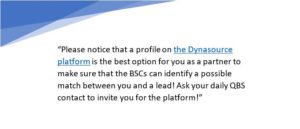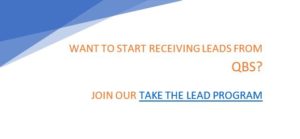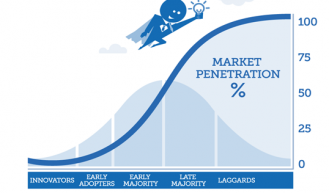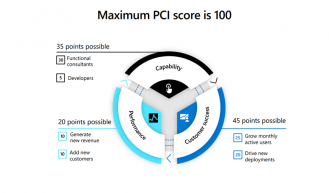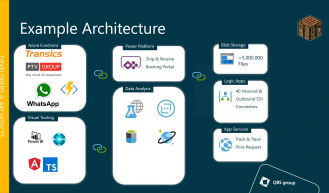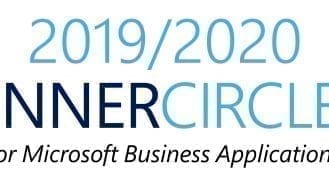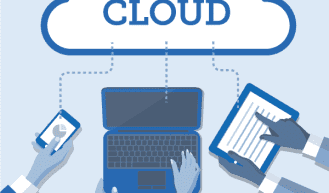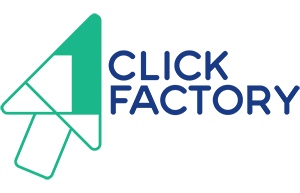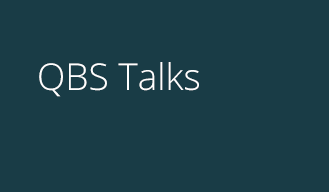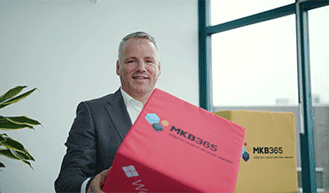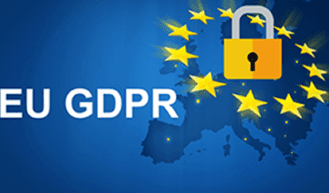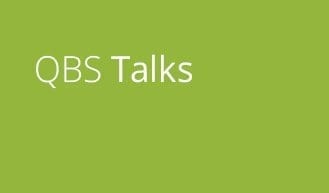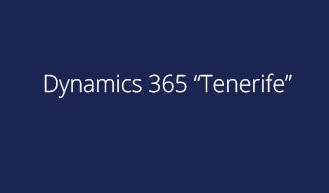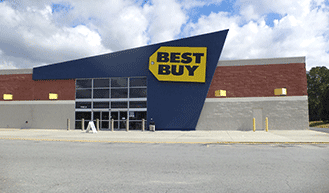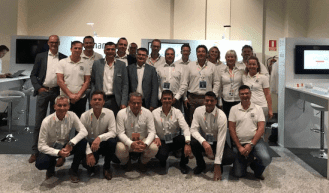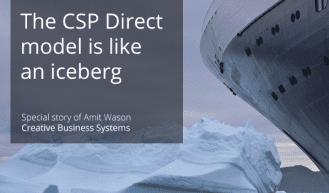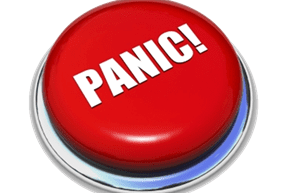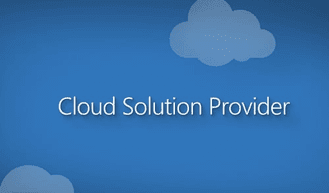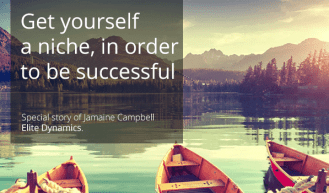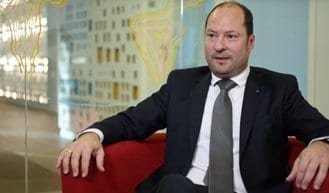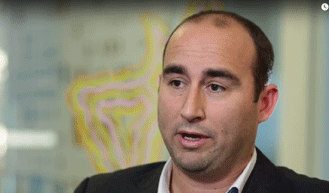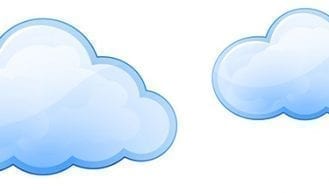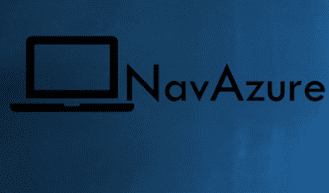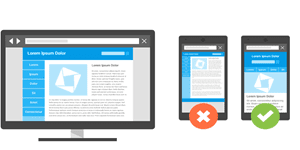Business Software Consultants – a trusted advisor to customers
Marketing
Sales
Strategic
“I want to make people happy!”
Interview with Wesley Vonk, the lead Business Software Consultant at QBS group.
The Business Software Consultants (or BSCs) at QBS group are responsible for following up on all customer leads coming out of the QBS campaign engines, making sure that the customer is matched with a correct partner profile and ready for partner dialogue before handed over to our partners.
*********************************
Question: In your own words – what is it that the BSCs do?
In the most basic sense: we’re about creating SQLs (Sales Qualified Leads) for our partners. Leads that are as qualified as possible for partners to follow up on and close a deal either immediately or further down the road, as essentially these deals are what generates revenue for both partner and QBS – so that we can all continue in our jobs!:)
But it is, of course, a bit deeper than mere revenue – I’m always thrilled when I am able to help the end customer – it’s a personal satisfaction to me to know that at the end of the day I’ve made people happy with the guidance they have received – and our experience shows that when the end customer is happy – that results in happy partners as well.
Question: and just to establish: you only call a customer that in some shape or form have already raised their hand. No cold calling?
Yes indeed – the customer has always shown some kind of interest, whether that is filling in a web form, reaching out via chat, attended webinars – anything.
What happens normally is that we match the questions from the customers with the solution perspective from the partner. Funny thing is we see that partners tend to talk in processes and function “you need either ERP or CRM”, whereas customer talks in pain points like “I’m doing sales but I don’t have an overview of my funnel”. We need to help those two worlds meet.
We also have to challenge the customer because sometimes they get stuck in that notion of “I just need that sales funnel view” – but what then? What is it really that he’s trying to achieve with that? Is it getting a better way of performance measuring the salespeople? Is it to decide on geographical coverage? Or something else? This supports the customer to expand their way of thinking – and certainly comes across as a piece of trustworthy advice, rather than us just going “yup – then you need this solution from partner XYZ”.
So it always starts with “a cry for help” as I like to call it – and our job is then to calm their nerves and talk to them about possible solutions – even touching on some of the competing vendors out there, because you don’t come across as knowledgeable or trustworthy if you act totally blind to the market situation.
But we always lead with questions – not product information – as the more we know about what the customer is really searching for – the better the SQL in the end.
Ultimately, when we do the matching we look at vertical and also our knowledge around partner capabilities.
When time allows we also do a bit of “aftercare” checking in with the customer on how the experience with the allocated partner went. Sometimes we get, as the customers trusted, first point of contact, some information that can be directly used to improve the customer dialogue with the partner. Whether it’s about “you should demonstrate more of this…” or even “customer has actually had second thoughts on the choice of a Microsoft solution – you should probably turn down your efforts a little not to waste too much time – don’t chase a dead horse😊”.
We of course also have those cases where the connection between customer and partner is simply not there – but as a community facilitator – we are then most of the times always able to connect the customer with another partner.
Question: Do you do a closed loop on the leads? Meaning – do you track if they turn into deals?
We do that via out Partner Success Managers – in the normal pipeline management that they do with partners – tracking in our CRM. Right now, close rates are a bit disappointing and we see that quite a few customers go for competing solutions, simply because during the conversation with the partner, the partners get really enthusiastic about all the possibilities in Microsoft but it ends up scaring away the customer. In my opinion, there should be more focus on getting the problems at hand solved at the customer site and then you can always add to the solution later. Because of course, you keep the dialogue going and keep creating an increased perceived value of the solution once you have the customer live. But instead, some partners end up disqualifying themselves from the conversation and push customer towards other more narrow and simple solutions out there.
Question: Describe a normal day in the life of a BSC
I tend to start my day half an hour before calling. In The Netherlands the ideal time to call is 9-12 and 13-17 (considering the closer you get to 12 and 17 the fewer people you will be able to reach). In the half hour before I do my email checking, information gathering and such. But in the hours set out for calling, I try to do only that. In average it takes me 4 attempts to get to the right person. And then it’s all about trying to identify the SALs (Sales Accepted Leads) that I can pass on to partners. On a daily bases, I probably end up with around 40-50 calls with 10-15 real conversations.
(is it SQL or SAL we hand over?)
Question: isn’t there also situations where you end up with a customer not fit for Microsoft?
Yes – indeed. As a true believer in customer focus, there’s bound to be customers where we will have to advise them on “I don’t think Microsoft is the right solution for you” – most times this is because of budget and the size of their company. Nobody will benefit from a customer that chokes on a solution that is way too big for them…
Some people, to be honest, are also not in need of a total ERP solution – but rather just one of the modules. And that can sometimes end up in quite frustrating conversations, where a customer has a very specific need, let’s say inventory management, but states “but I don’t need the finance module – I have Unit4, and it just needs to connect to the warehouse module in the new ERP system”. To me, that’s like noooo! – that’s like buying another car besides the one you already have! Or at least buying another car engine – and then trying to use both while driving – something that is, to say the least, very unpractical…😊.
In these cases, I tend to use the QBS e-books on ERP and CRM selection* – which gives a good solid description of the areas a customer should be aware of.
Question: What is the best experience you’ve had as a BSC?
We had a lead from Microsoft (as normally Microsoft send this to 3 different partners – as opposed to leads from QBS that are only sent to 1) that had been distributed to one of our partners – but when I called the customer to follow up he said that he had never heard back from the partner in question on the mail he sent them. I then reached out to the partner – who was very surprised (and a bit ashamed😉) – but found the email. I told the customer that there had been a technical glitch with email – but that I still believed that the partner would be the best match for their needs. It ended up in a deal of 1,4M that partner was bidding for in the very last stages. Unfortunately, they didn’t win it – it went to another Microsoft partner, but the story shows that it’s quite practical for the QBS partners to have us as their extended “lead champ” at QBS, and someone who can at times regain the trust with a potential customer.
Question: and what is the worst experience?
I would say that that was a case of a partner debating how honest and transparent we as BSCs should be in the information we provide on a lead. We had a case of a lead from an existing partner that wanted to shift partners for various reasons. I took the dialogue up front with the existing partner, who then said – go ahead and direct them to someone else, which I did. The information on the lead then obviously included the information about what kind of issues the customer had with an existing partner – which the new partner then shared back with them – making it look like we’d put them on display. But to be honest – that information would eventually have been brought up anyway – so I think the best thing is to stay true to the customer conversation and tell it like it is up front. It goes full circle to what I said in the beginning: as a BSC you are the customers trusted advisor – and in the end, if a customer is happy – then the partner is happy.
*For QBS partners these e-books are available for your use via our QBS Partner Portal.



